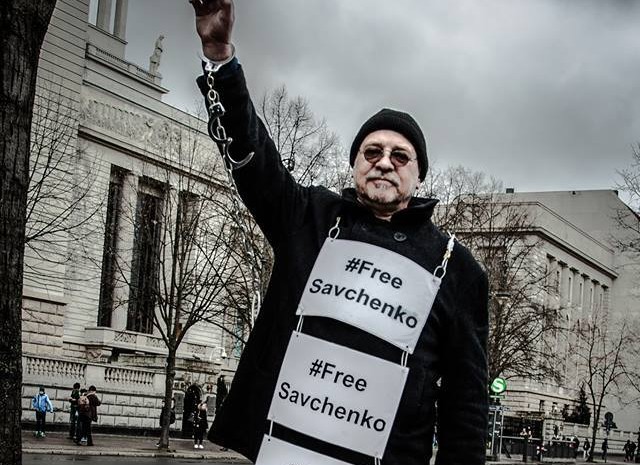By [email protected] (Тарас Возняк)
March 9 – Key challenges holding back the resolution of Ukrainian-Russian crisis is that Europeans do not believe in a military threat and think that diplomatic leverage over Putin is possible, – said the President of the European Council Donald Tusk: "Putin would like to control all of Ukraine, but the EU doesn't understand it. Enough with illusions, the EU is not ready for tougher sanctions.
March 9 – The militants are renewing combat effectiveness of their units, trying to learn more about combat environment and the location of Ukrainian units; they are also accumulating weapons, ammunition and military equipment along the boundary line, – informed NSDC spokesman Andriy Lysenko.
March 9 – Ukraine has withdrawn its heavy weapons [from the contact line] over four stages but hasn't completed the withdrawal t line, – informed NSDC spokesman Andriy Lysenko: "Ukrainian side has implemented the withdrawal of heavy weapons over four stages – monitored by the OSCE, in the presence of Ukrainian and foreign media. We expect that the enemy will take the same steps, but we have not yet received any confirmation to that effect".
March 9 – Version about "Chechen trace" in the murder of Russian opposition leader Boris Nemtsov is propaganda fiction, – said Chechen opposition leader Akhmed Zakayev.
March 9 – The situation in the ATO area remains tense – from 5 am to 7 pm the militants fired at the ATO positions 16 times, – informs ATO press centre.
March 9 – Next week, President of Ukraine Petro Poroshenko will visit Germany, where he will meet with the President and Chancellor of Germany. Poroshenko has noted that "negotiations in "Normandy four" format over the phone have also been planned".
March 9 – The negotiations on the release of Nadiya Savchenko, who is illegally detained in Russia, are continuing "at the highest possible level", – said her lawyer Mark Feigin: "I've already started this process. This is a legitimate procedure, but it foresees a secret protocol, thus I will refrain from comments, it's confidential", – said the lawyer.
March 9 – The actions of the Luhansk resident who brought the Ukrainian soldiers on the blockpost a jar of honey with an explosive was coordinated by workers of HRU HSH of the Armed Forces of RF with the nicknames "Oleksiy" and "Dmytrovych" who also provided him with arms and explosives- Security Service of Ukraine.
March 9 – Russian President Volodymyr Putin awarded the Order of Recognition to the head of Chechniya Ramzan Kadyrova. This was done after the fact that 4 "Kadyrovcy" were "designated" as the killers of Boris Nemcov.
P.S.: Please spread this appeal as much as possible.



